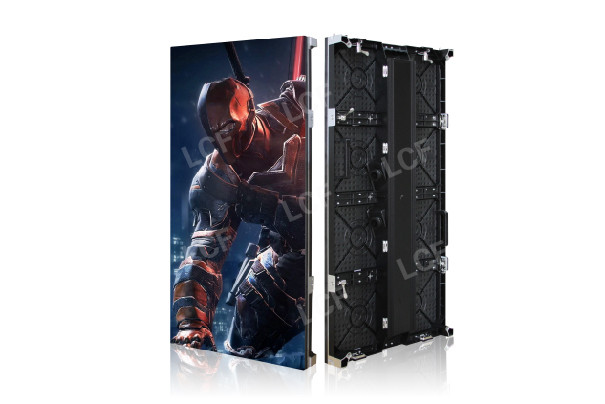Publisher: Supplier of LED Display Time: 2018-10-25 Views: 4120

But in many cases, because of technology, quality problems lead to a series of accidents. Then the customer has to spend money and time to repair it, which is not worth the loss. Therefore, the LED display is not a short-term tool, it does not want a mobile phone, and can be replaced every year. The reason why there are all kinds of cheap domestic mobile phones on the market, although the technical quality is not as good as imported Apple, but the sales volume far exceeds that of Apple, because the mobile phone is a short-term tool for consumers, and it is quickly replaced. Need to buy a good one.
But the LED display is different, it needs to be used for a long time, 5 years, 8 years, 10 years, or even longer. Therefore, low price must not be an important factor for consumers to choose LED display. Good quality and durability are the real savings for customers.
Since LEDs and ICs are semiconductor devices, they are picky about the use conditions of the environment, preferably around 25°C at room temperature, and their working mechanism is the best. But in fact, an outdoor large screen will be used in different temperature environments, which may be above 60°C in summer and below -20°C in winter. When the manufacturer produces products, they use 25°C as the test condition, and classify different products into grades. However, the actual operating conditions are 60°C or -20°C. At this time, the working efficiency and performance of LEDs and ICs are inconsistent, and they may originally belong to the first grade. It will become multi-level, the brightness will be inconsistent, and the screen will naturally become blurred.
This is because under different temperature conditions, the brightness attenuation and decline of red, green and blue lamps are different. At 25°C, the white balance is normal, but at 60°C, the three-color LED The brightness of the screen has decreased, and its attenuation value is inconsistent, so the phenomenon of the entire screen brightness drop and color cast will occur, and the quality of the entire screen will decrease.
And what about IC? The operating temperature range of IC is -40℃-85℃. The temperature inside the box increases due to the high outside temperature. If the temperature inside the box exceeds 85°C, the IC will work unstable due to the high temperature, or the current between channels or the difference between chips will be too large due to different temperature drifts. lead to Huaping.